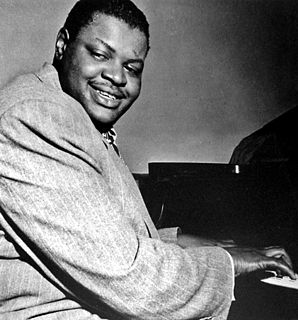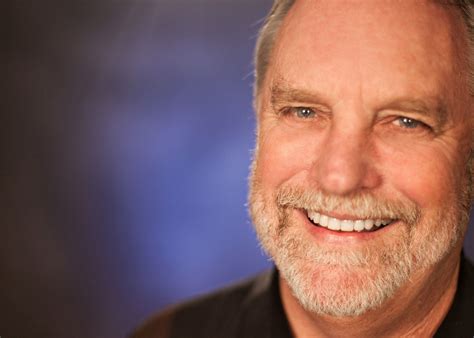A Quote by John W. Gardner
The ablest and most effective leaders do not hold to a single style; they may be highly supportive in personal relations when that is needed, yet capable of a quick, authoritative decision when the situation requires it.
Related Quotes
I would assert that highly effective leaders are made more than they're born. Every leader I know who's been highly effective has worked hard at it, and they've been students of it. The more you're a student of leadership, the more you figure out what works for you and the more effective you're going to be.
It is always the sign of the second-rate man when the decision merely meets the present situation. It is the left-over in a decision which gives it its greatest value. It is the carry-over in the decision which helps develop the situation in the way we wish it to be developed. The ablest administrators do not merely draw logical conclusions from the array of facts of the past which their expert assistants bring to them; they have a vision of the future.
What makes a good follower? The single most important characteristic may well be a willingness to tell the truth. In a world of growing complexity leaders are increasingly dependent on their subordinates for good information, whether the leaders want to hear it or not. Followers who tell the truth and leaders who listen to it are an unbeatable combination.
We need a more authoritative world...What's the alternative to democracy? There isn't one. But even the best democracies agree that when a major war approaches, democracy must be put on hold for the time being. I have a feeling that climate change may be an issue as severe as war. It may be necessary to put democracy on hold for a while.
I want everyone to know that Russia in general and the Russian leadership, it is something effective and properly functioning. That the country itself, its institutions, leaders are represented by healthy, capable people who are ready for cooperation with our partners in every single area: sports, politics, fight against modern threats. I have nothing but a positive feeling about it.


































